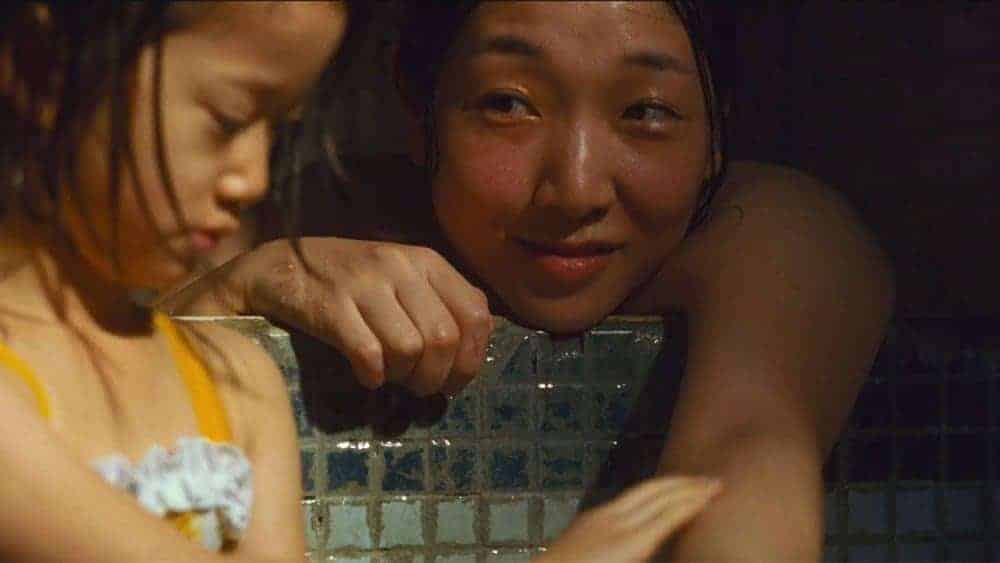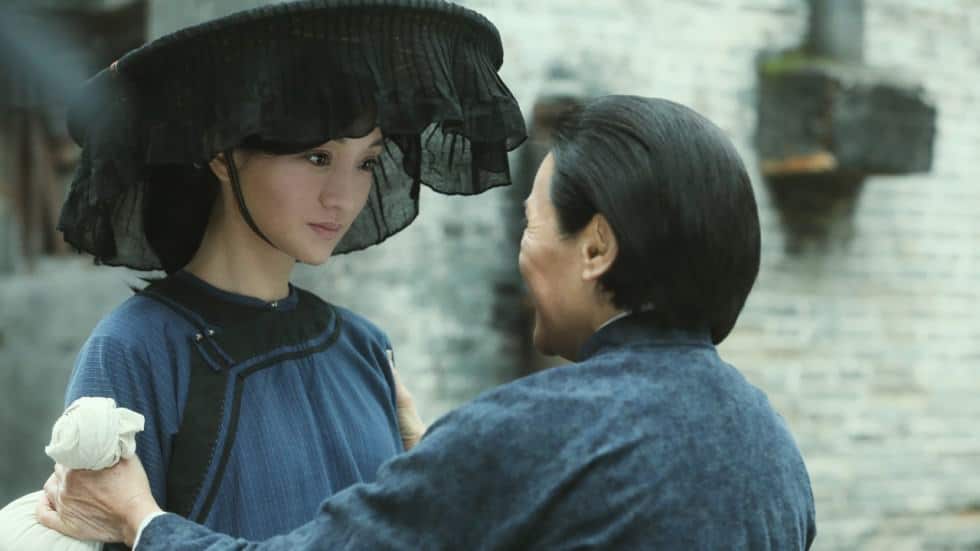Based on the Japanese popular novel “Papa to Musume no Nanokanan”, which has already been adapted into a Japanese TV show in 2007 and into the Korean movie “Daddy You, Daughter Me”, “Daddy Issues” was equally successful with the aforementioned, breaking the Vietnamese box office with over 500,000 audience turning out in the first week. The story follows the concept of the body-swap, but entails a number of elements that set it apart. Let us take thing from the beginning, though.
The story revolves around Hai, who works for the creative department of a large cosmetics company, and his daughter, Chau, who goes to high school. The two have suffered significantly after Hais wife died, 7 years ago, but the unusual thing about their relationship is that Hai is the absent-minded, immature one and Chau the responsible one, actually running the household while also being a model-student. Chau is tired of all the responsibilities and is looking to study abroad, unbeknownst to her father. Their differences, however, come even more to the fore when one day, an accident causes them to swap bodies. Unsurprisingly, the switch leads to a number of hilarious events, as the two of them try to hide the fact from everyone around them, but at the same time, leads them both to understand each other better.
Ken Ochiai directs a comedy with the distinct purpose of being a crowd-pleaser, and in that aspect, he has done a truly great job, as “Daddy Issues” ticks all the boxes that make a film popular. In that fashion, the story includes elements of school and office comedy, coming-of-age, romance, a number of social comments, dancing and music, and some splashes of drama to top it off. To include all of the above, Ochiai had to make a film that reaches two hours, but through his direction, the narrative flows quite well and does not end up being tiresome, maybe with the exception of the finale, that is somewhat prolonged.

The fact that the body swapping involves two individuals whose archetypical roles were already swapped beforehand gives an air of originality to a concept that has been done many times before, and works quite well in the narrative. The way the various romantic “relationships” carry on after the swapping is probably the most hilarious part, although the scenes where Ochiai himself appears as a representative of Hai's company from Japan are equally funny.
Regarding the social comments presented, the central one revolves around the communication gap between parents and children, and the fact that people nowadays refrain from expressing their thoughts, in this case because they are afraid to hurt others. That this is a problem, is exemplified a number of times in the film.
As usually in comedies, the script includes some events that could be described as illogical, while the melodrama that appears near the end seems a bit out of context. These faults, however, are minor, and do not fault the overall sense the narrative leaves.

Both protagonists give great performances, and their acting is among the best assets of the film. Thai Hoa, Vietnam's “comedy king” is hilarious both as a man-child, and as a grown up male who thinks and acts like a high-school girl. Kaity Nguyen is also excellent in a more demanding role, which has her acting as a grown-up man in a girl's body, with the scenes where the manhood takes over being hilarious. The ballet aspect serves mainly to promote her abilities in the field, although Ochiai has embedded even that in the narrative, quite fittingly. The chemistry between the two is also great.
Chris Freilich's cinematography is quite bright and polished, and occasionally follows the “rules” of TV advertisements, but his tactics fit the narrative and the general aesthetics of the movie nicely. The editing induces the film with a relatively fast pace, which, in combination with Christopher Wong's music allow it to function as a music video, or again, as TV advertisement.
“Daddy Issues” is a definite crowd-pleaser that will make its audience laugh and spend two hours pleasantly, and that is where its value lies.















